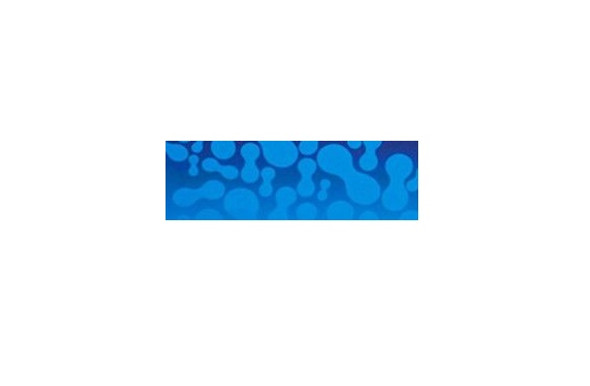Description
Recombinant Mouse CCL2/MCP-1 Protein | PKSM040979 | Gentaur US, UK & Europe Disrtribition
Synonyms: C-C motif chemokine 2; Monocyte chemoattractant protein 1; Monocyte chemotactic protein 1; MCP-1;Platelet-derived growth factor-inducible protein JE; Small-inducible cytokine A2; Ccl2; Je; Mcp1; Scya2
Active Protein: N/A
Activity: Recombinant Mouse C-C motif Chemokine 2 is produced by our E.coli expression system and the target gene encoding Gln24-Arg96 is expressed.
Protein Construction: Recombinant Mouse C-C motif Chemokine 2 is produced by our E.coli expression system and the target gene encoding Gln24-Arg96 is expressed.
Fusion Tag: N/A
Species: Mouse
Expressed Host: E.coli
Shipping: This product is provided as lyophilized powder which is shipped with ice packs.
Purity: > 95 % as determined by reducing SDS-PAGE.
Endotoxin: < 1.0 EU per μg as determined by the LAL method.
Stability and Storage: Generally, lyophilized proteins are stable for up to 12 months when stored at -20 to -80℃. Reconstituted protein solution can be stored at 4-8℃ for 2-7 days. Aliquots of reconstituted samples are stable at < -20℃ for 3 months.
Molecular Mass: 8.5 kDa
Formulation: Lyophilized from a 0.2 μm filtered solution of PBS, pH7.4.
Reconstitution: Please refer to the printed manual for detailed information.
Background: C-C motif chemokine 2 (CCL2) is a member of the C-C or β chemokine family. Mouse CCL2 shares 82% amino acid (aa) identity with rat CCL2 over the entire sequence, and 58%, 56%, 55%, 53% and 53% aa identity with human, equine, porcine, bovine and canine CCL2, respectively. Fibroblasts, glioma cells, smooth muscle cells, endothelial cells, lymphocytes and mononuclear phagocytes can produce CCL2 either constitutively or upon mitogenic stimulation, but monocytes and macrophages appear to be the major source. In addition to its chemotactic activity, CCL2 induces enzyme and cytokine release by monocytes, NK cells and lymphocytes, and histamine release by basophils that express its receptor, CCR2. Additionally, it promotes Th2 polarization in CD4+ T cells. CCL2-mediated recruitment of monocytes to sites of inflammation is proposed to play a role in the pathology of atherosclerosis, multiple sclerosis and allergic asthma.
Research Area: N/A






